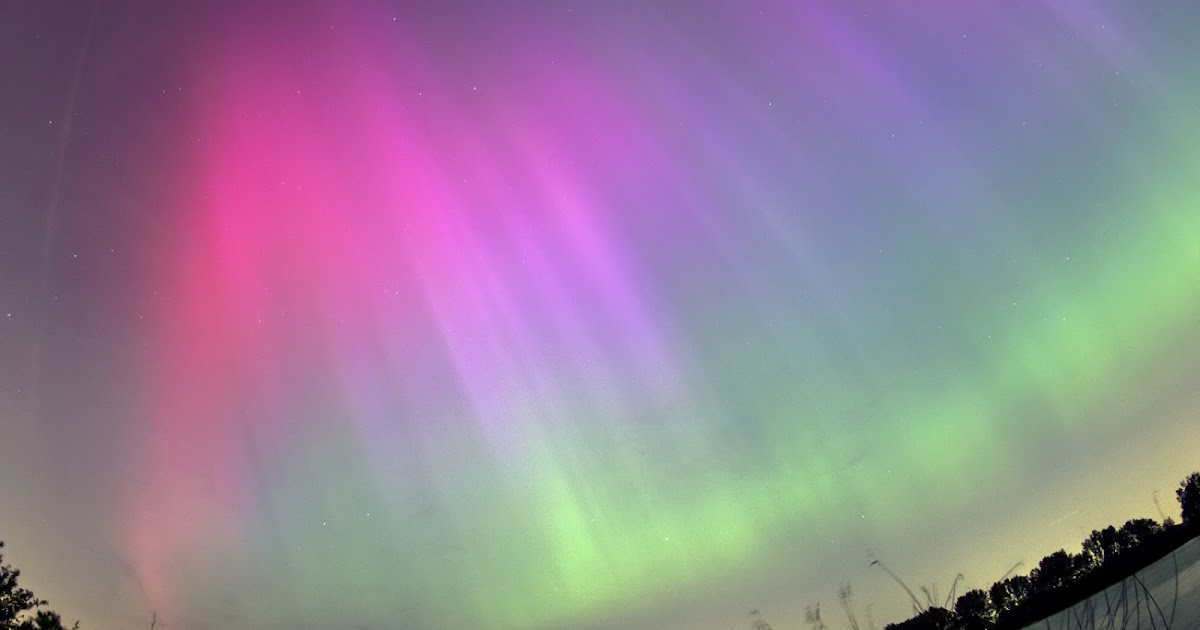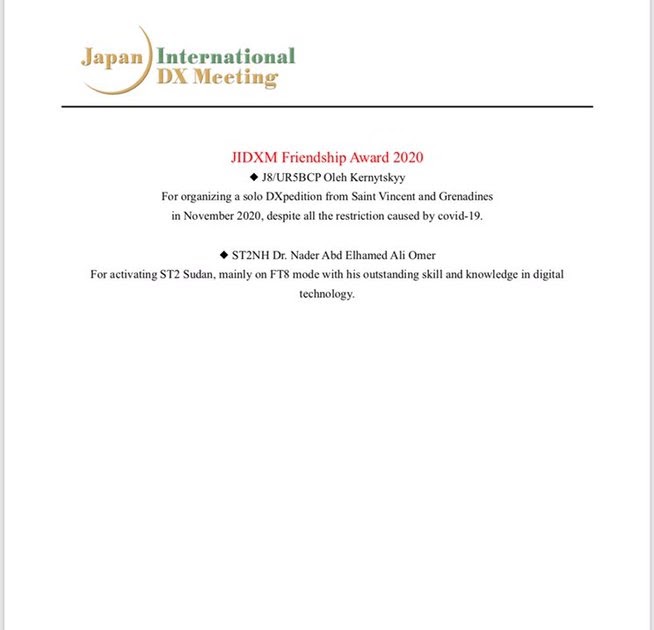click to enlarge (more imagery below the text)On May 10, 2024, the strongest Solar storm in 20 years hit Earth. As a result, Aurora borealis (Northen Lights) was visible at much lower latitides than normally, including the Netherlands, where it put on a splendid, bright, colorful display between midnight and 1 am of the night of May 10-11.Looking at the geomagnetic data just before nightfall on the 10th, I knew we had good chances of an impressive display. It had been a sunny day, the sky was clear, albeit with some cirrus. I bicycled 30 minutes to get to the Vlietlanden, a recreational area between Leiden and Leidschendam, to a spot on the shore of a lake where I often row, at approximately 52.107 N, 4.453 W.situated a few km out of town, it is darker there than in Leiden center and with a good view to low on the western, northern and eastern horizon. I arrived in deep twilight, set up the camera, and waited. Around 22:50 local time (20:50 UTC, May 10), still deep in twilight, some red streamers appeared near the moon in the west. I shot a few pictures with the 17 mm, then changed the lens to a Samyang f3.5/8 mm semi-fisheye as I had good previous experiences with that lens when photographich Aurora in Finland in 2013.For about an hour, it remained quiet after that short period of activity. I decided to wait, knowing how activity can wax and wane repeatedly over a night. Around local midnight, a diffuse green band started to appear low in the north. Initially I was not sure whether it was aurora or light pollution: but when some drapery-like structure appeared in it and an aircraft contrail created a dark silhouet against it, I knew it was aurora. Soon, the glow became brighter, and photographically, purple streamers started to appear above it .And then, at about 00:10 local time, the sky exploded. Bright pillars or light appeared, changing shape and location, with blue, purple and red colors. They started to appear everywhere, west, north and east, reaching to the zenith and soon beyond. I started to cheer in excitement when the Corona took shape, just south of the zenith. I had seen it in Finland in 2013, and once in the Netherlands, in 1989. This aurora appearance was better than what I had seen in 1989 and 1990 (two years with exceptionally bright aurora in the Netherlands), and almost on par with what I had seen in Finland in 2013. For an hour, I was frantically taking pictures, as the sky seemd to change each 10 seconds. Then, at about 1 am local time, activity subsided, to a diffuse glow in the north. I stayed untill slightly after 1:30 am, then quit and went home.Above and below, is a selection of images out of hundreds I took. They were made with a Canon EOS 80D and Samyang f3.5/8 mm lens, at ISO 800-1000 and exposured between 2 and 5 seconds. Photographically, the colors are more vibrant than what you see visually, but visually I also noted greenish, red and blue-purple colors.(click the images below to enlarge them) (this one taken with a 17 mm lens)(looking straight up to the zenith)
The beautiful Aurora of May 10, 2024


![at what time will North Korea launch Malligyong-2? [UPDATED]](https://astrosci.info/wp-content/uploads/2024/05/Malligyong2_afternoon_new.jpg)